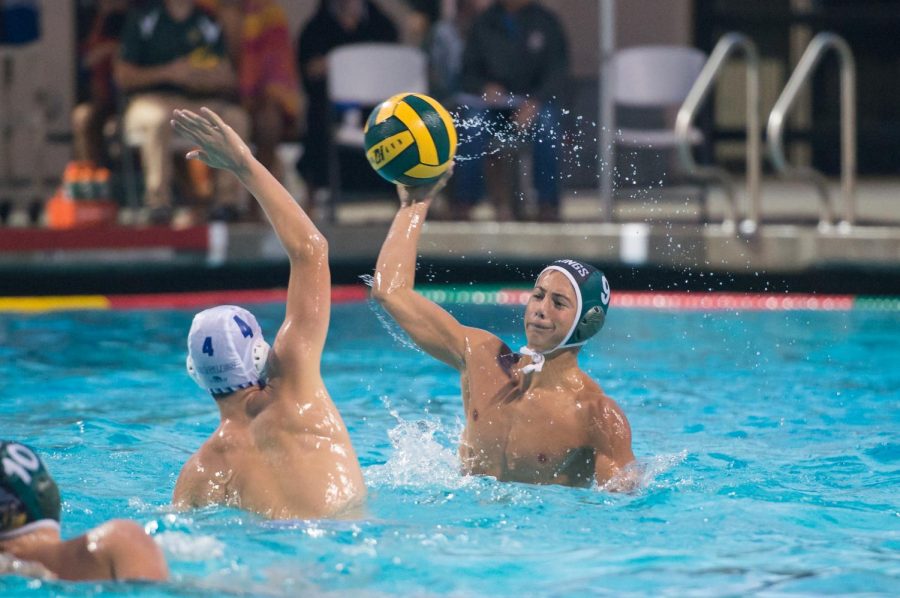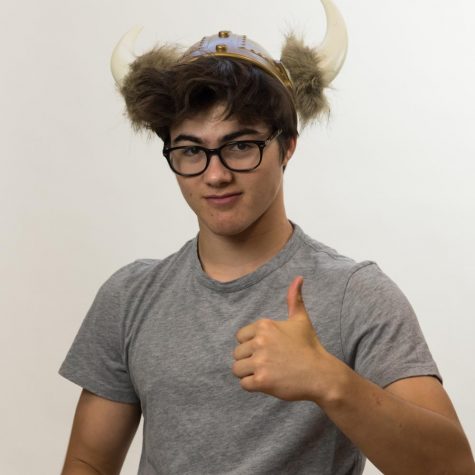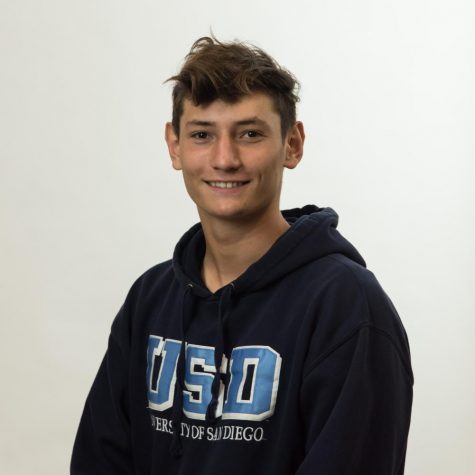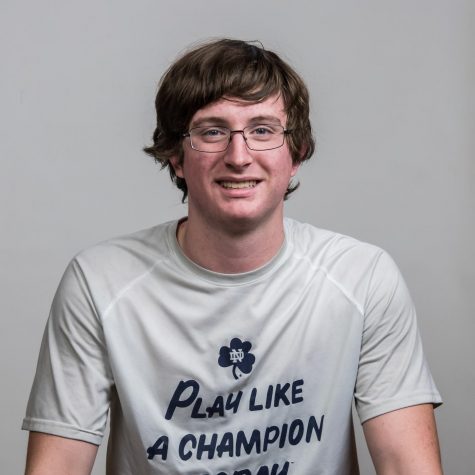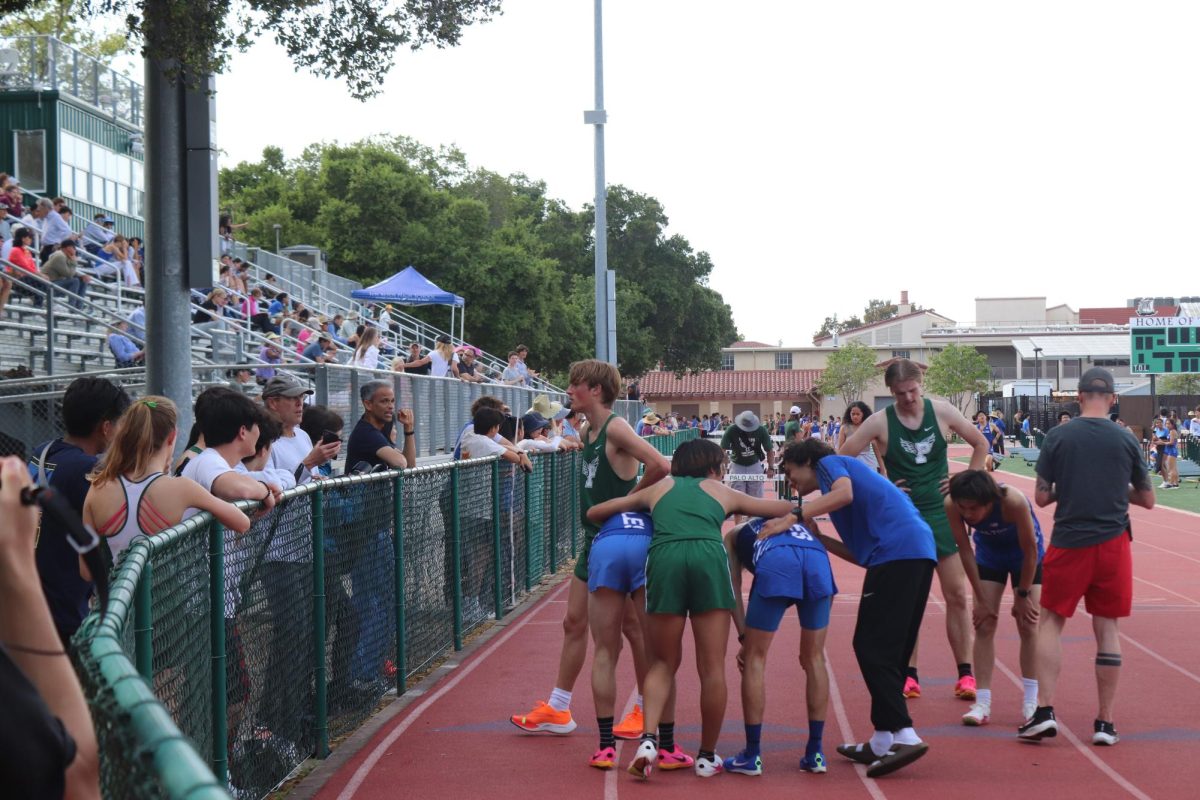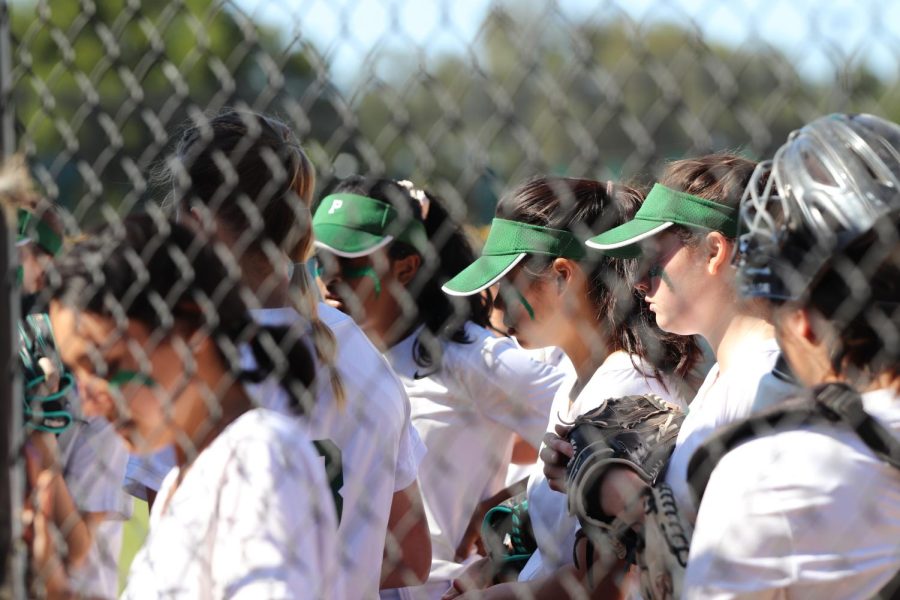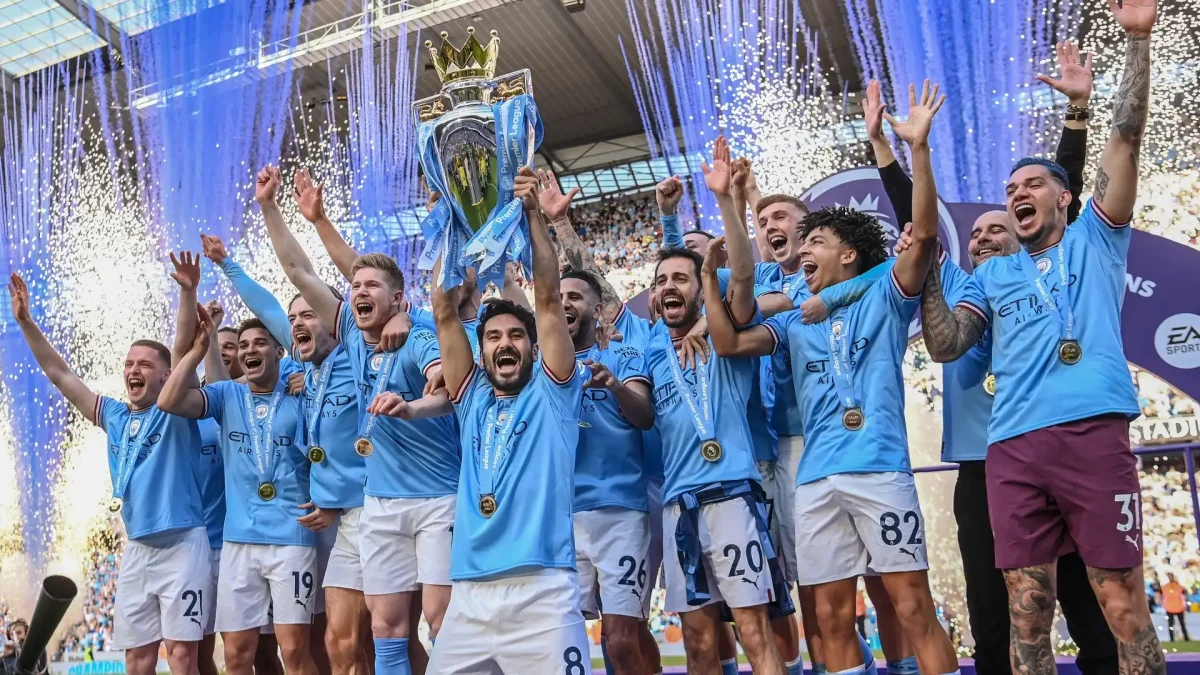Pre-Teen Prodigies
45 million school aged kids play sports in America. But by the age of 15, nearly 80 percent of them quit. However, that figure is not the same for elite youth athletes. So what causes the best of the best to hang up their cleats in highschool?
September 30, 2019
Olympians are usually thought of as experienced older athletes, but there is a storm of young athletes that are breaking boundaries and winning world titles. These young athletes are giving up the joys of growing up to focus on training for their ultimate goal of success.
Recent examples of these remarkable individuals include Yulia Lipnitskaya and Katie Ledecky.
Although she was the youngest on her team at 15 years old, Yulia Lipnitskaya’s nearly flawless figure skating program helped clinch the gold medal for Russia at the 2014 Sochi Winter Olympics in the figure skating team event.
Katie Ledecky was 15 years old when she astonished the world with her first gold medal at the 2012 London Summer Olympics in swimming.
These young champions inspire athletes all over the world, including those at Palo Alto High School.
When Emma Jacobi (‘21) turned three years old, her mother signed her up for a gymnastics class. Jacobi developed a love for the sport and began competing at eight years old.
Over time, with hard work and dedication, she focused on improving her skills to reach higher levels of gymnastics. Her talent became evident when she was nine years old.
“I realized that I was starting to get better and better and I thought I might have a chance of winning states and regionals,” Jacobi said.
Jacobi was able to handle the pressures placed on her to succeed for herself and for her team. It was important for her to stay focused on her goals to ensure a successful future in gymnastics.
“My greatest accomplishment was winning all the events at a states competition because I worked really hard for that season and I won every single event and all around,” Jacobi said.
Despite her incredible success, Jacobi decided to quit gymnastics a couple days before her sophomore year in high school because she wanted to have new experiences with different sports.
“I quit the day after we won CCS.”
— Charles Mitz ('21)
Unlike Jacobi, Charles Mitz (‘21) started playing his sport competitively in eighth grade.
Mitz was a club swimmer throughout his pre-teens, but started water polo at the end of eighth grade as a way to add some fun to the monotony of swimming. Although he started later than some, his swimming background helped with his success in water polo.
Mitz made the varsity water polo team his freshman year and continued his career on the varsity squad during his sophomore year.
His early success was a result of countless hours a week in the pool; despite only having practiced water polo for a couple months before making the Paly team.
“Swim team and water polo for paly were pretty rigorous and it was probably 16-18 hours a week,” Mitz said.
Mitz helped his team in his sophomore year win Division I CCS after multiple upset games.
“I quit the day after we won CCS,” Mitz said.
Even with all of his success, Mitz decided to quit playing water polo and join the rowing team instead.
“I was tired of it,” Mitz said. “I just wanted to try something new.”
Mitz left his glory days behind in the pool and used his endurance skills and aerobic base from water polo to start his rowing career.
“I just wanted to try it out for a season and see if I liked it or not and then I was going to decide whether I would play water polo the year after,” Mitz said.
Burnouts are far from rare in young student athletes whether it be the countless hours of practice on top of school work or overall stress. This dilemma was the turning point for Faith Chow (‘21), who was an elite gymnast in her pre-teens.
“I realized that I was starting to get better and better and I thought I might have a chance of winning states and regionals.”
— Emma Jacobi ('21)
The amount of dedication required was rigorous, but her teammates and her passion for gymnastics helped motivate Chow to continue training.
“We would have practice Monday, Tuesday, Wednesday, Thursday, and Friday for four hours after school,” Chow said.
Many of Chow’s teammates were homeschooled because of the intense training schedule, but her family decided that homeschooling was not ideal for their situation. This ultimately lead to Chow’s choice to quit gymnastics.
“I quit when I was in 8th grade because I started doing a lot of other extracurricular activities and because I was going into high school,” Chow said.
Although Chow ended her gymnastics career, she kept gymnastics in her life being an assistant coach at her old gym.
It’s difficult for athletes who start a competitive sport at a young age to fully understand what they want to do with their lives. It is important for athletes to experience a wide range of sports at a young age so that they can gain experience and knowledge about a variety of sports.
In some cases, pre-teen athletes can feel overwhelmed from the pressure when focusing on a single sport. Later in life, these athletes also might want to try different extra curricular activities because all they have known is their specific sport.



